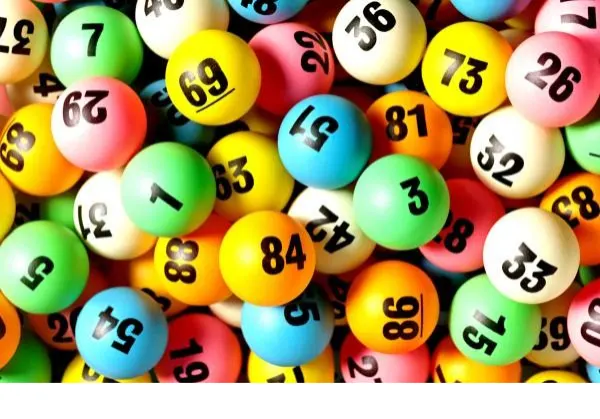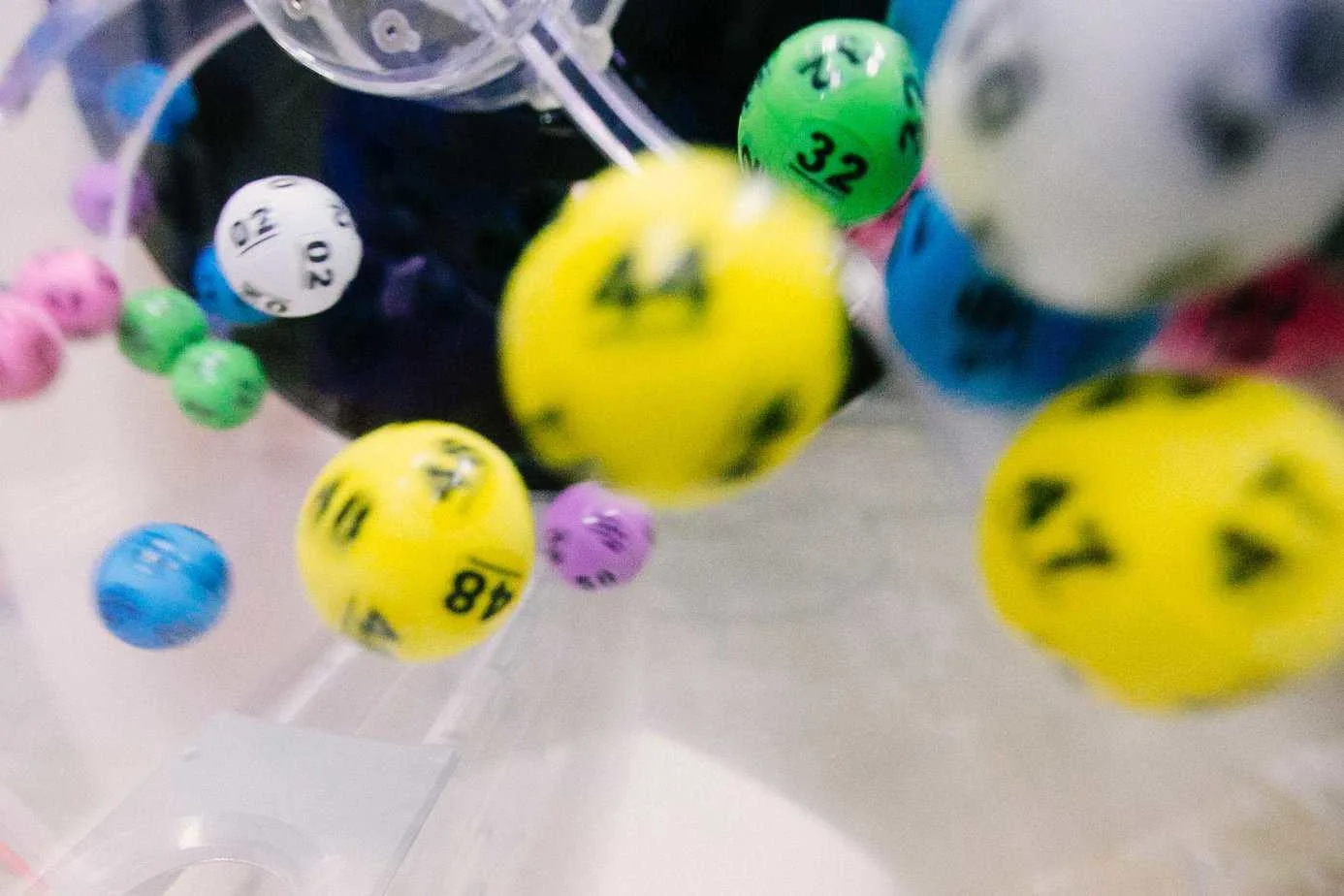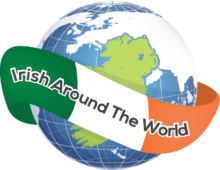I don’t know about you, but I have been saying since I was about 18 that I would someday win the Irish lotto. And let me see, a further 18 years later, I still have yet to scoop anything less than €20. But as they say in the TV ads, “It could be YOU!”. But have you ever wondered just how the Irish lotto started? Over the years, the Irish Lotto has become a significant part of Irish culture and a source of entertainment for people who enjoy playing the lottery.
Well, today, I will be breaking down the rather interesting and odd way that it began. But first, we need to jump ahead to 2023 why because in July 2023, a lot of news outlets around the world reported on the massive Powerball Jackpot that was won in the United States.
The prize, which topped $1 billion, was won by a lucky player from California. Much of the reporting focused on the fact that the winner faced a hard choice of paying the IRS hundreds of millions of dollars if they took the money right away or losing a lesser amount by accepting payments as an annuity. Of course, it’s a good problem to have, and the winner will be rich beyond their wildest dreams regardless of their course of action.

It does act as a reminder, though, that many countries have their national lotteries, which often act as a national talking point and can sometimes lead to heated arguments. Ireland is not immune from this, with its national game – Lotto – being run since 1988. It forms a small part of the Irish identity, but an important one.
It is estimated that 40% of Irish adults play the lottery every week(although I would say that number is a LOT higher than that). Of course, there are auxiliary games, including scratchcards, the pan-European Euromillions, and daily Lotto games. Irish players can also experience lotto-themed casino games like Lotto Madness, and bookmakers take bets on lottos from home and abroad. The lottery is ubiquitous on the Emerald Isle.
Lotto began in the mid-1980s

The lottery’s story started in 1986(the year I was born) with the passing of the 1986 Chrannchur Náisiúnta in the Oireachtas (The Irish Parliament). The Ireland of the 1980s was very different to the Ireland of today, of course. In 2023, the country is rated as one of the richest in the world(and the most expensive in Europe!), but many Irish families – and the state itself – struggled in the 1980s. The advent of the Lotto was a chance for some to dream. Starting with scratchcard sales in 1987, the National Lottery would soon become a phenomenon.
The first Lotto draw was held on 16th April 1988. It has the jackpot of £147,059 (Irish pounds), and the draw was won by Brigid McGrath from County Donegal. While that jackpot might seem tame by today’s standards, the Irish Lotto board estimates it’s worth around €2 million when adjusted by inflation. This rise in inflation tells us a lot about the huge changes in the cost of living in Ireland over the decades since then. But we digress…
Through the 80s and 90s, Lotto grew to become a permanent fixture on Irish television. Starting with a Saturday night slot, an extra Wednesday draw was soon added. In 1990, however, an extra dimension was added to the lottery – Winning Streak. The television game show – if we can call it that – ran from 1990-2020, with players appearing on the programme by way of winning a place through National Lottery scratchcards.
Winning Streak is difficult to describe to the uninitiated, but ask any Irish person about it, and you’ll be greeted with a wry smile. Like many game shows, its demise is linked to the rise of streaming, social media, and the decline of event TV. But it used to be compulsory viewing. I spent many weeks growing up watching winning streak! I wish they would bring it back on TV, to be honest. Watch this short wonderful clip of someone winning £250k on the ever-so-famous big wheel! SPIN THAT WHEEL!
What a day that was for him!
In 2011, as Ireland’s economy was rocked by debt and the squeeze of the Great Recession of 2008, the Irish Lotto was listed as a public commodity that could be sold. Another lottery act was passed in the Oireachtas, facilitating the sale of the game for €405 million to a consortium(group of companies). Rules are still in place to ensure that 30% of the money raised by lottery ticket and scratchcard sales goes to good causes.
The Irish Lotto is not without controversy. It started with 36 numbers in the 1980s, with winners needing to match six balls. But the lottery organisers continued to add balls, making it more and more difficult to win. Today, there are 47 balls used in the game, making the chances of winning somewhere around 10.7 million to one. On average, then, a player tends to win the jackpot every couple of weeks. However, across 2021 and 2022, the jackpot was not won for 63 consecutive draws. This prompted several conspiracy theories, and it even caused an Irish TD (member of parliament) to call for an investigation. The lottery board maintained that this was a fluke and that the Irish Lotto is more winnable than comparable lotteries from abroad. The UK Lotto, for example, use 59 balls.
Nonetheless, the Irish Lotto is an institution in the country. Today border shops are still busy with Northern Irish players travelling across to play the “Southern” Lotto. Like any national institution, it’s not universally beloved, but it has raised over €5.5 billion for good causes. And, even in an era when Ireland has become one of the world’s richest countries, the allure of that big jackpot still dazzles people across the island.
But nonetheless, the Lotto is cemented in Irish culture and is not going anywhere! It continues to provide funding for important social and community initiatives while offering players the chance to win substantial prizes. Are you a Lotto fan? Ever won the lotto? Comment below! And good luck in your next game.
Cheers,
Stephen
